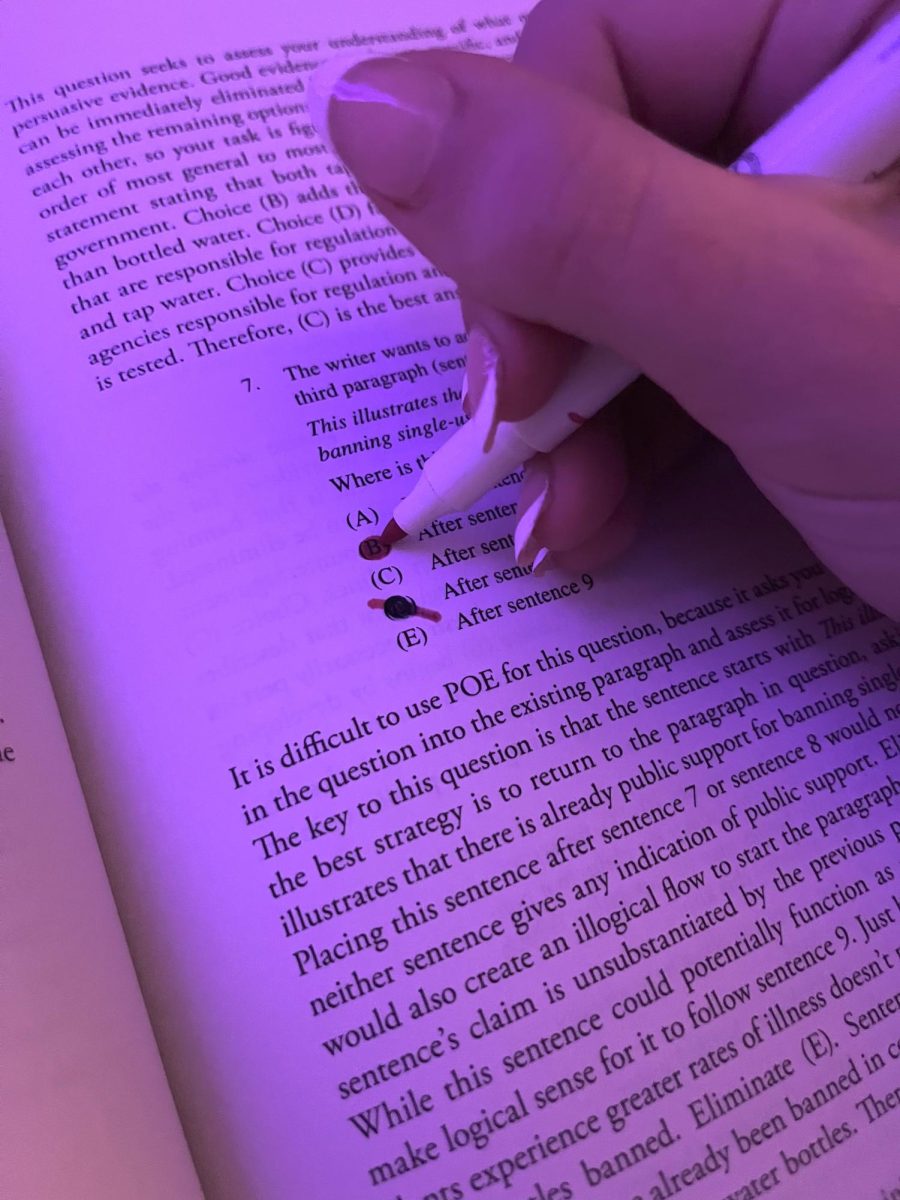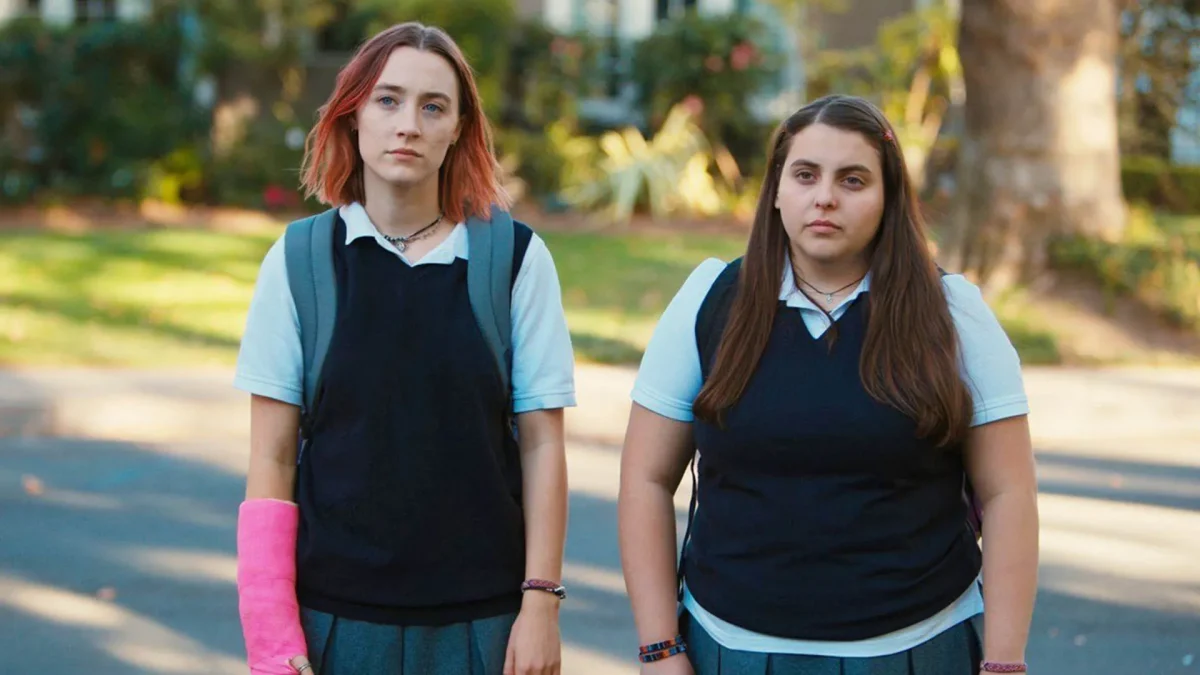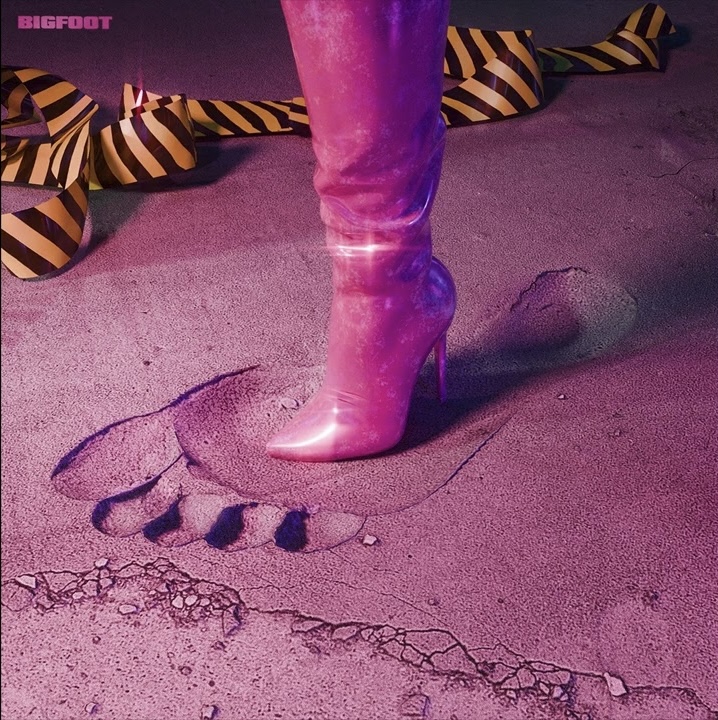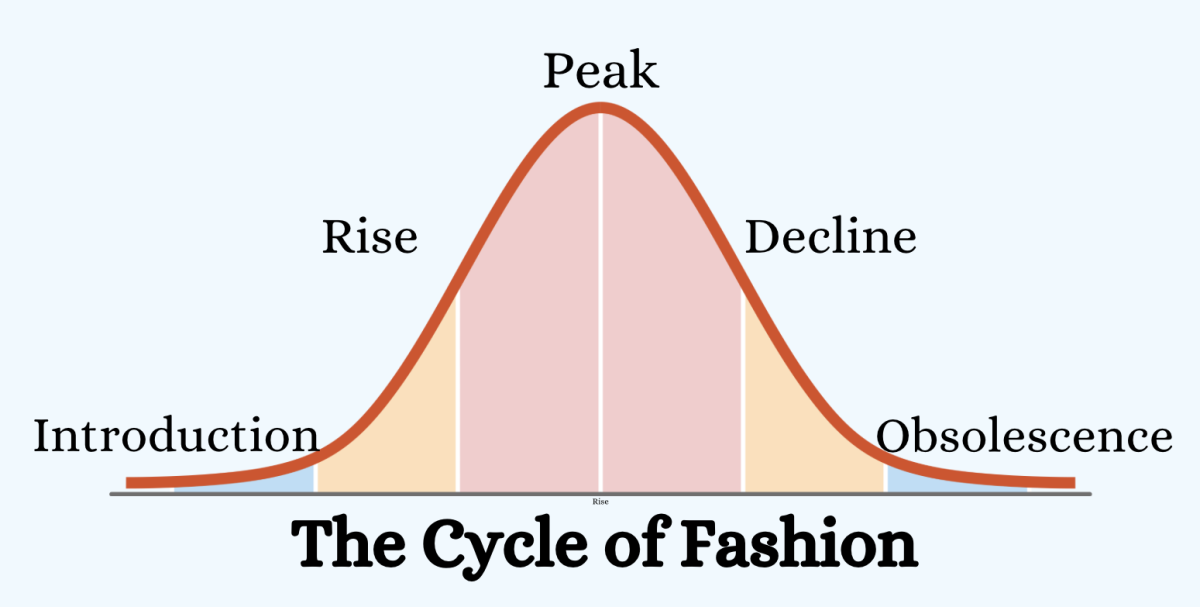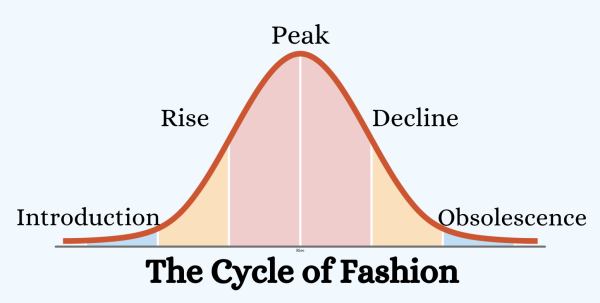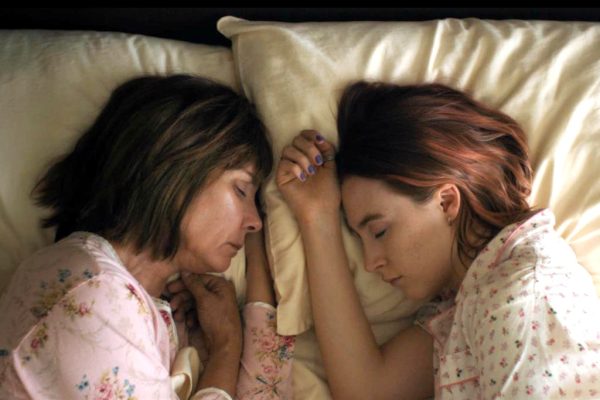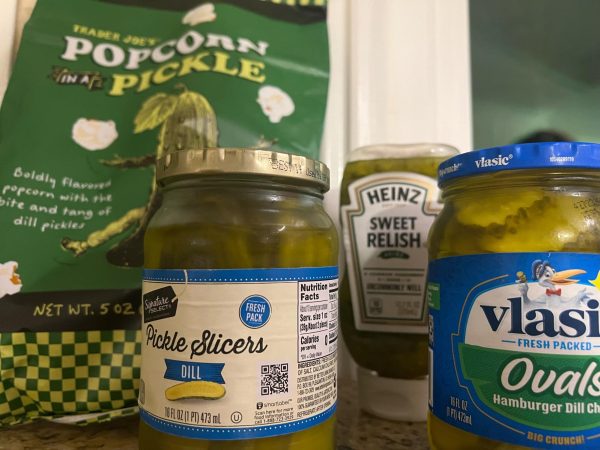The Travis Incident – Should Exotic Animals be Kept in Family Households?
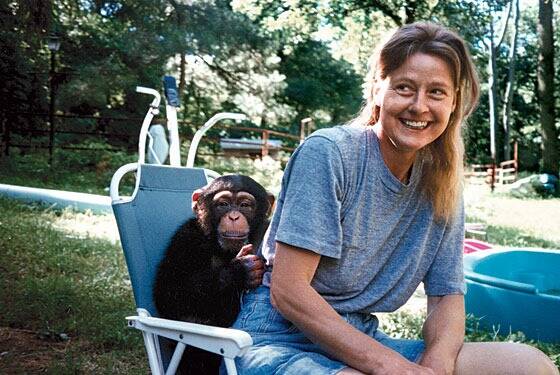
Travis the chimp seen here with Charla Nash… Charla and him were very friendly before the incident.
November 1, 2022
It may seem like a good idea to raise a wild animal as a pet in your home, but that could turn out to be more fatal than anything.
There are many cases where people take in a cute baby animal, only for it to grow up and turn against them in ways thought to be unimaginable. You may think “There’s no way my pet gorilla would turn against me, we raised him from the time he was a baby and he loves us!” However, when an undomesticated animal is placed in captivity, the results could lead to a brutal awakening. Don’t get me wrong, the animal isn’t to blame for this, as they are just displaying their natural behavior and don’t fully understand the consequences of their actions. The fault falls upon the person who, against all warnings, decided to keep an exotic animal in their home like a fully armed missile, waiting to explode at any moment.
One of the most famous cases of this would be the tragic case of Travis the Chimpanzee. Travis was born on October 21, 1995, and was purchased by Sandra and Jerome Herold only three days later. The chimp lived as the family’s pet, eerily being treated more like a son than anything, and would often accompany his family at work and on shopping trips in their hometown of Stamford, Connecticut. Travis was always thought of as a sweetheart, always having good manners and paying close attention to his owners. Travis could open doors using keys, dress himself, water plants, feed hay to his owners’ horses, and eat at a table with the rest of the family. He was even allowed to drink wine at dinners. He logged onto the computer to look at pictures, watched television using a remote control, brushed his teeth using a WaterPik, watched baseball on television, and drove a car on several occasions. Travis was treated as though he was a real person, and although the respect and kindness he was treated with was much appreciated by animal lovers everywhere, the weight of these behaviors that were not meant for him would begin to weigh on Travis. In October of 2003, Travis escaped the family’s car and ended up delaying traffic for several hours. The incident started when a pedestrian threw an empty soda can into Jerome Harold’s car, striking Travis in the head while they were stopped at a red light. Infuriated, Travis left the car and began chasing the man who threw the soda can, luckily not being able to catch him. When police arrived, he chased officers around the car and wouldn’t allow himself to be placed back in the vehicle. The 2003 incident led to the passing of a Connecticut law prohibiting people from keeping primates weighing more than 50 pounds (23 kg) as pets and requiring owners of exotic pets to apply for permits, but that law wouldn’t go into effect until after a much larger incident involving Travis. On February 16th, 2009, Travis brutally attacked Charla Nash, Mrs. Harold’s friend. The chimp had left the house with Sandra Harold’s car keys, and Charla was trying to help Travis back inside. She used a Tickle Me Elmo toy, Travis’ favorite. Upon seeing the doll, Travis flew into a rage and began mercilessly attacking Ms. Nash. In an attempt to save her friend, Sandra stabbed the animal in the back with a kitchen knife after calling 9-1-1 to send for help. It’s reported that she was screaming “He’s eating her!” on the 9-1-1 call, which can be found on Youtube. Unfortunately, due to his aggressive behavior, Travis was shot four times in the chest. He retreated to the house, and was found dead next to his cage.
Upon hearing the story, Ethan Verdugo (11) states, “It’s crazy how a single moment can change someone’s entire life.” In this incident, it’s clear that Travis’ natural animal instincts were repressed so much that they ended up exploding in the worst possible way. Wild animals are not always meant to live in perfect harmony within the human household. Laws are created for a reason, as seen here with Travis spawning animal ownership regulations simply as result of his actions. The animals aren’t at fault in these situations; I believe they are simply reacting to stimuli as they would in the wild. The fact that they are hurting people is a direct result of unsafe regulations and housing for these animals.
It’s crazy how a single moment can change someone’s entire life. — Ethan Verdugo (11)
If you, or someone you know, comes in contact with a wild animal that you believe needs human care to survive, there are plenty of shelters and animal reserves that are dedicated to the cause of safe rehabilitation for exotic animals. In those programs, they normally let you visit, help care for, and continue to bond with the animals taken in. The only difference is it’s out of the household, and therefore safer for the people involved. The Tucker Wildlife Sanctuary is a perfect example, and it’s located in Silverado County, California.




